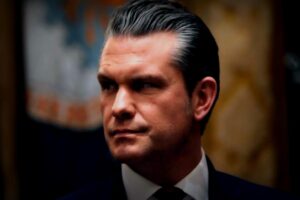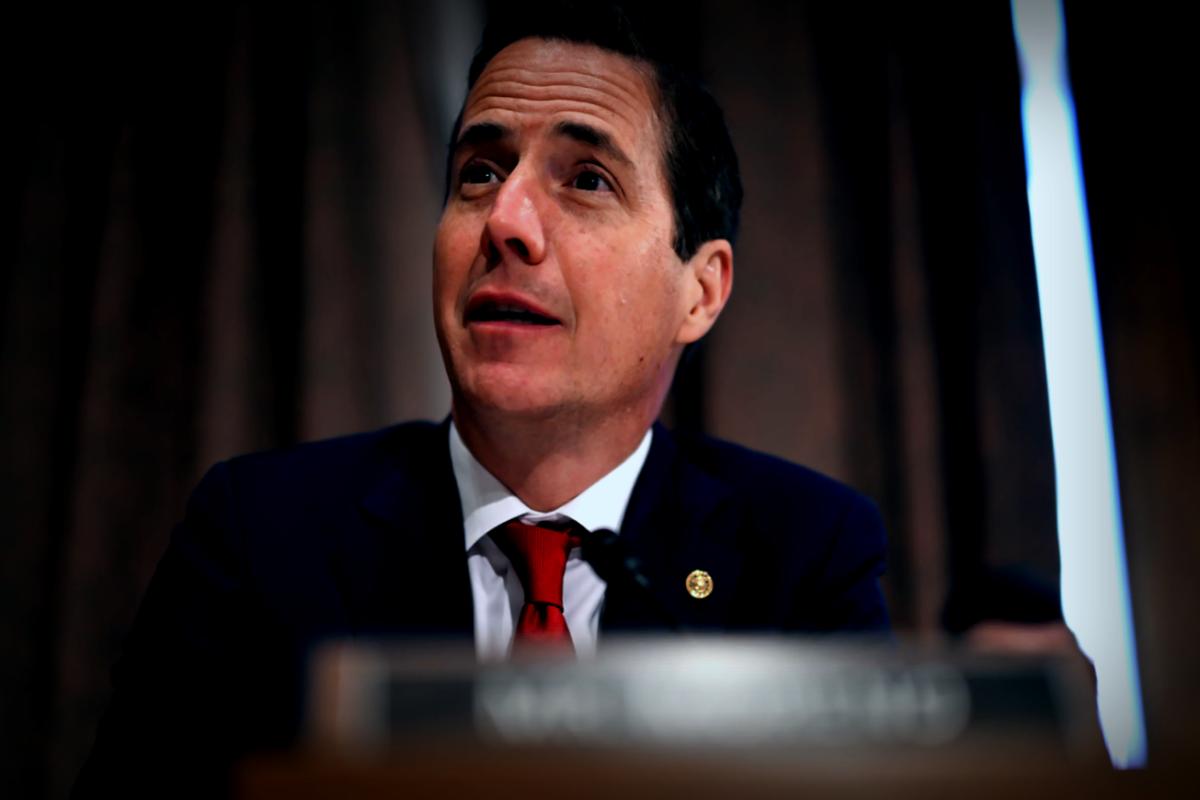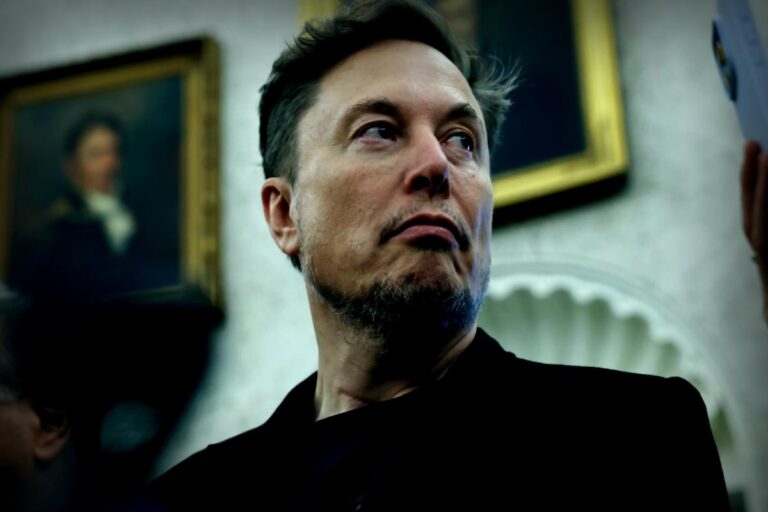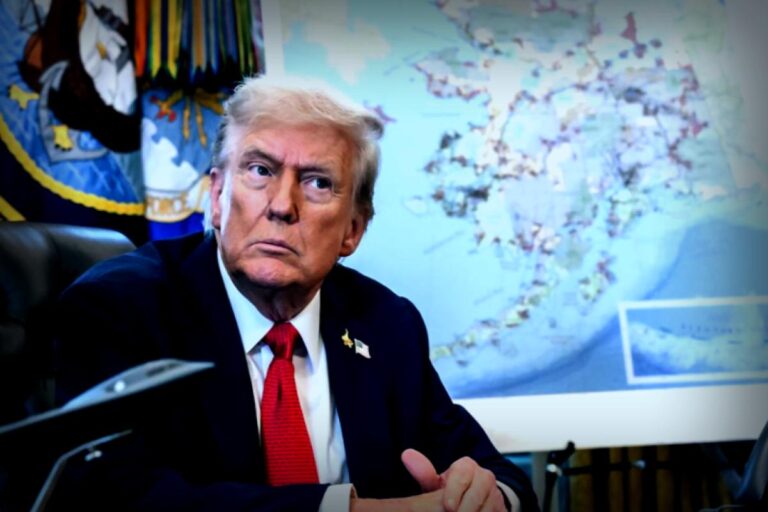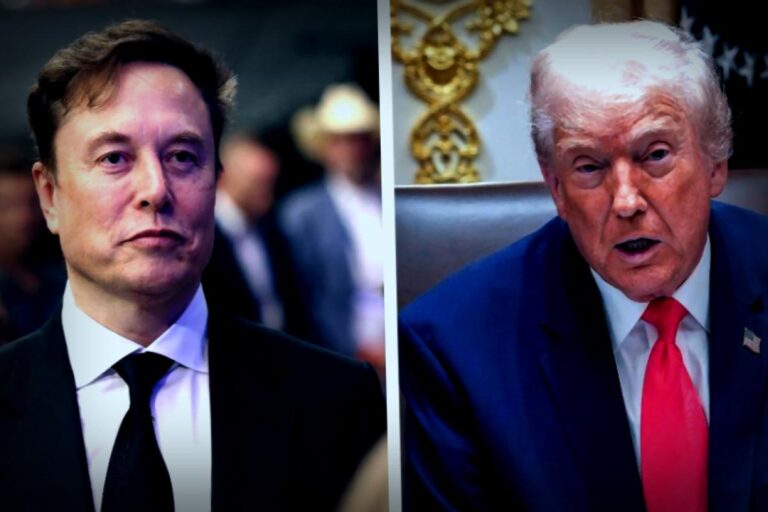When President Trump hosted a lunch for Republican senators on October 21, Senator Bernie Moreno from Ohio showed up with some eyebrow-raising visuals.
Moreno, who has Colombian roots, has positioned himself as a significant figure in U.S. policy regarding Colombia, particularly during a time when he is openly critical of President Gustavo Petro’s left-leaning administration.
Eager to sway Trump, who has been at odds with Petro for quite some time, Moreno attempted to back his arguments by presenting a document amusingly titled “The Trump Doctrine For Colombia and the Western Hemisphere.” This document featured striking images of Petro and Venezuelan President Nicolás Maduro in prison attire, seemingly created using AI. These visuals aimed at amplifying Moreno’s agenda of targeting Petro directly.
Just a couple days before the lunch, Trump took to social media to label Petro as an “illegal drug leader” and announced the withdrawal of U.S. aid to Colombia, stirring up tensions further. That document that Moreno presented now ironically sits at the center of growing diplomatic friction between the U.S. and Colombia.
Reported first by Cambio Colombia, images from this event revealed that staff at the White House were caught on camera with Moreno’s memo in hand.
In response to all this, Petro voiced his discontent on X about the portrayal of himself, recalling the Colombian ambassador back to D.C. for the second time in just a month. He critiqued the representations, deeming them “a brutal disrespect” to him and his supporters.
This instance not only raises eyebrows about the extent of governmental influence represented by fabricated images but underscores the unsettling trend within online political messaging, a space where AI-generated items have been habitually exploited, even reposted by Trump himself.
As it turns out, this isn’t Moreno’s first rodeo on the topic of Colombian policy surrounding Trump. Alongside Senator Lindsey Graham, both are leveraging backchannel discussions aimed at long-term Colombia strategies.
The tension escalated as the U.S. military amplified deployments meant to curb drug trafficking emanating from Venezuela while allegations of Petro’s involvement with drug trade persist, although he vehemently denies these claims.
Beyond the surface-level tactics, Moreno aimed for measures such as labeling more drug cartels as terrorist organizations and suggested boosting sanctions against Petro and those around him. Notably, new tariffs and massive cuts to aid didn’t make the list, reflecting perhaps a minimal inclination towards engagement rather than aggression.
Almost predictably, the day after the luncheon, the Treasury announced sanctions hitting close to Petro, fueling the ongoing tug-of-war. Despite these hostilities, as various reports clarify, U.S. assistance to Colombia continues without interruption.
Petro claimed impressive cocaine seizures were recorded within his administration and challenged Trump’s narrative arguing the government he leads cooperatively works in the narcotics crackdown.
While Moreno stridently dismissed any notion of conspiring against Petro, claiming, “That’s 100% completely false,” he emphasized a desire for self-determination in Colombia’s electoral process free from external interference. Colombian governmental actions have deterred immediate tariff threats, much attributed to some political figures in Colombia’s government buddying up to supportive lawmakers in Florida.
A past Colombian president noted the weight of influence Moreno and GOP members from Florida could have on maintaining favorable treatment from the Trump administration, ensuring a prudent approach to Colombian politics.
This commentary tackles not just the surface, but highlights how propagative images have affected international relations — something to consider in the unfolding story.
This article originally appeared on NBCNews.com

